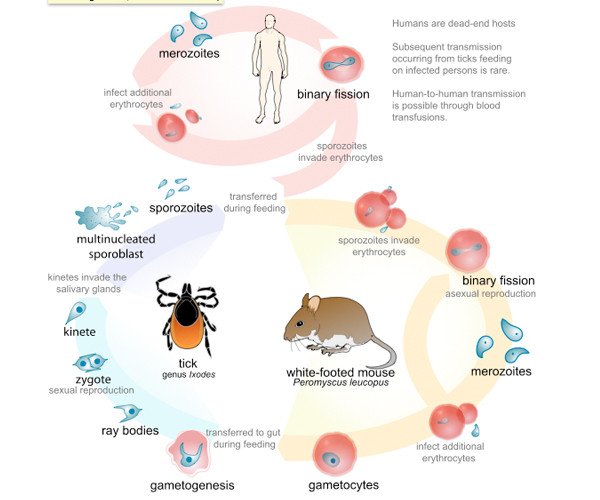ATLANTA, Sept. 6 (UPI) -- U.S. health officials say 159 cases of transfusion-related babesiosis -- a blood disease caused by tick-borne parasites -- were recorded in the past 30 years.
Researchers at the Centers for Disease Control and Prevention in Atlanta and colleagues say of the total number of transfusion-related babesiosis cases recorded from 1979 to 2009, 77 percent occurred from 2000 to 2009.















